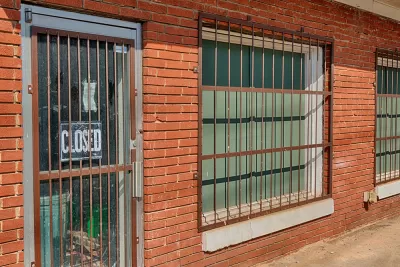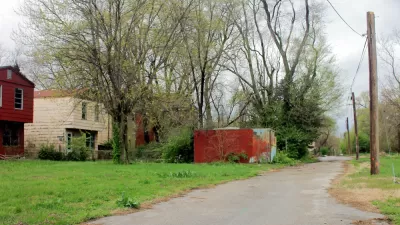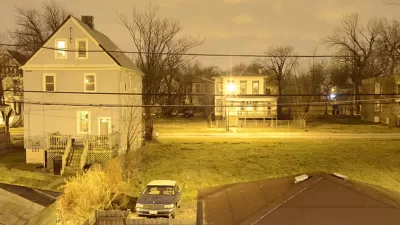The new program would allow short-term use of vacant properties, and provide new incubation capabilities to small, start-up businesses.

"Chicago is on the verge of implementing a novel way of enlivening streetscapes," according to an article by Elizabeth Blasius.
"To combat the spread of vacant storefronts across the city and particularly in economically-challenged neighborhoods, a proposed ordinance would let entrepreneurs test pop-up concepts in empty spaces for anywhere from only five days to a full year."
According to a press release from the Chicago Department of Business Affairs and Consumer Protection (BACP), the City Council will consider an ordinance that creates a licensing system "to allow for the operation of short-term 'pop-up' stores, including restaurants."
"If approved by City Council, the new license will provide the option of a 5-, 30-, 90-, 180-, or 365-day license, depending on their business activity, all at a very low cost and without an on-site inspection," adds the press release. "In fact, the user license is not tied to a location, so the holder can 'roam' during the length of the license and operate all around the city."
The article by Blasius provides more insight about the potential impact the program could have on communities around the city.
FULL STORY: Chicago proposes experiment with pop-up urbanism

Maui's Vacation Rental Debate Turns Ugly
Verbal attacks, misinformation campaigns and fistfights plague a high-stakes debate to convert thousands of vacation rentals into long-term housing.

Planetizen Federal Action Tracker
A weekly monitor of how Trump’s orders and actions are impacting planners and planning in America.

In Urban Planning, AI Prompting Could be the New Design Thinking
Creativity has long been key to great urban design. What if we see AI as our new creative partner?

Cal Fire Chatbot Fails to Answer Basic Questions
An AI chatbot designed to provide information about wildfires can’t answer questions about evacuation orders, among other problems.

What Happens if Trump Kills Section 8?
The Trump admin aims to slash federal rental aid by nearly half and shift distribution to states. Experts warn this could spike homelessness and destabilize communities nationwide.

Sean Duffy Targets Rainbow Crosswalks in Road Safety Efforts
Despite evidence that colorful crosswalks actually improve intersection safety — and the lack of almost any crosswalks at all on the nation’s most dangerous arterial roads — U.S. Transportation Secretary Duffy is calling on states to remove them.
Urban Design for Planners 1: Software Tools
This six-course series explores essential urban design concepts using open source software and equips planners with the tools they need to participate fully in the urban design process.
Planning for Universal Design
Learn the tools for implementing Universal Design in planning regulations.
Appalachian Highlands Housing Partners
Gallatin County Department of Planning & Community Development
Heyer Gruel & Associates PA
Mpact (founded as Rail~Volution)
City of Camden Redevelopment Agency
City of Astoria
City of Portland
City of Laramie




























